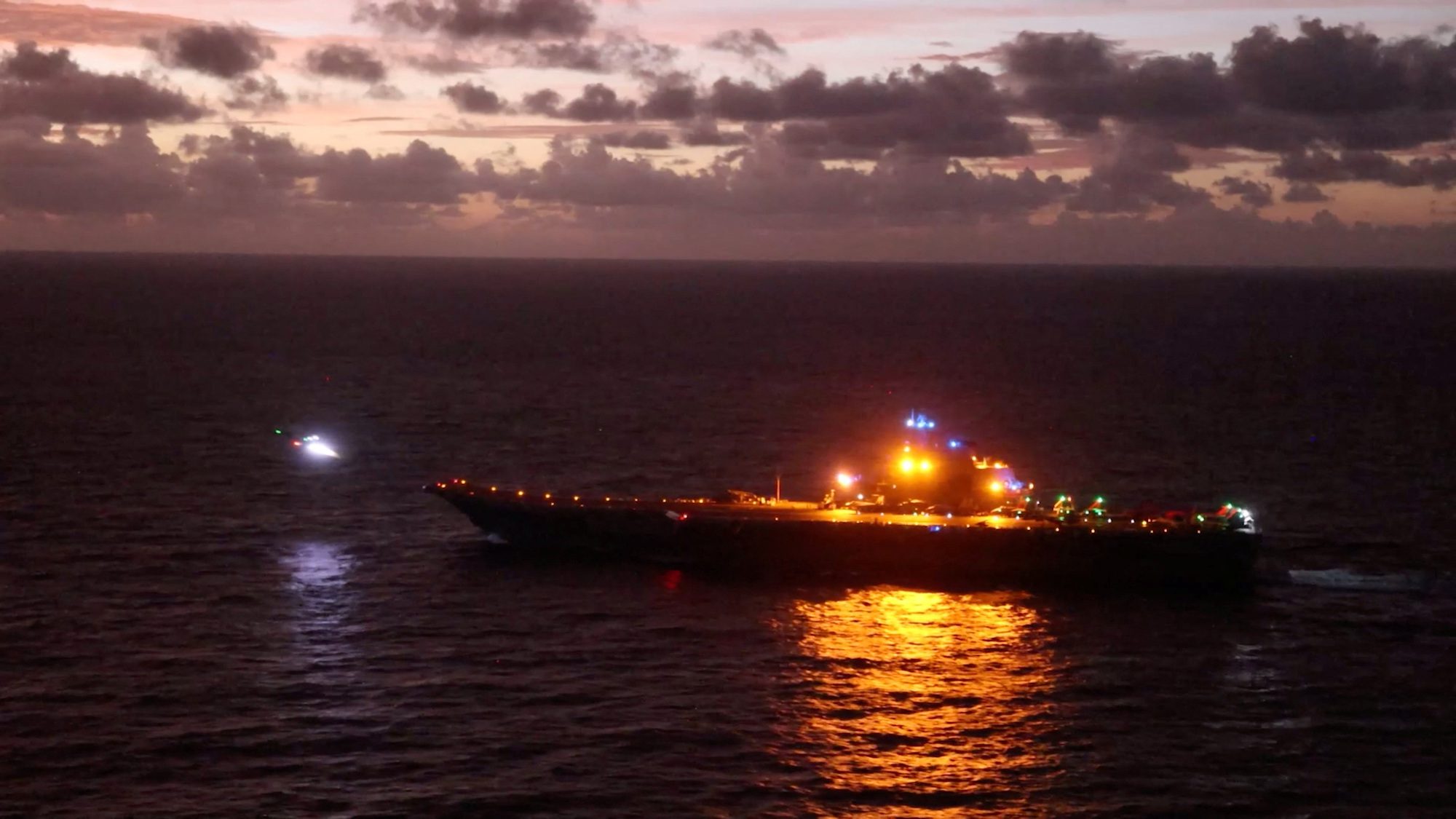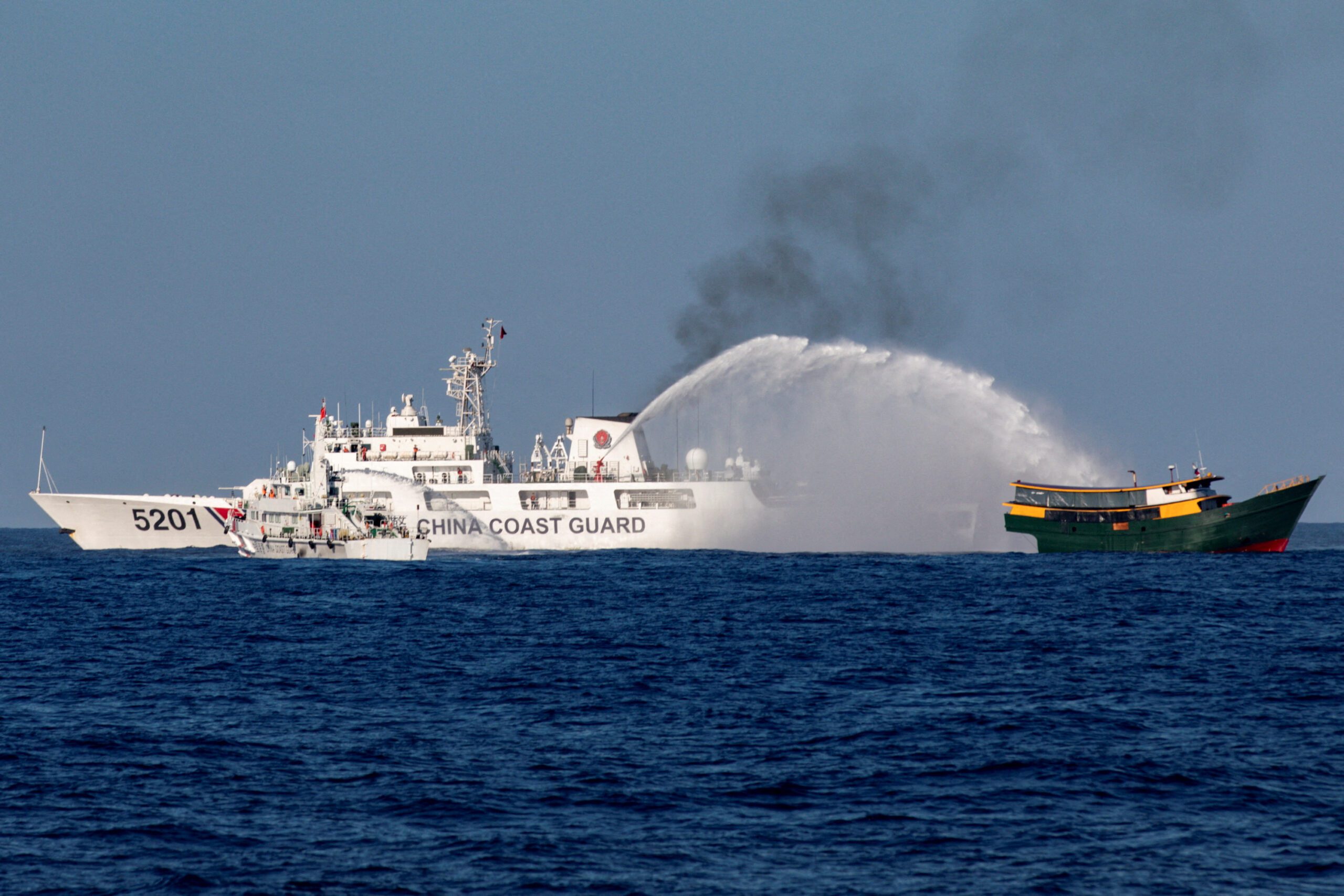You have probably seen Michael Murrell’s comments on some posts at gCaptain and other maritime blogs. He is the Director of Operations for ISSG (International Ships Support Group) Sea-Marshals which as you can guess provides security team services to the maritime industry.
During a recent exchange of emails on the piracy situation off Somalia I suggested that he write down some thoughts on the current pirate situation. Here are his thoughts on the matter:
——————–
Adding Perspective to Piracy
I have read many posts in regards to piracy and have responded to some. But for the most part, I have read the comments of others regarding piracy. This is what led me to write this article “Adding Perspective to Piracy.”
Most of the feedback that I have read is pretty harsh. I am not saying that I agree with pirate activities but to just say, “kill them all” or “blast them out of the water” seems to lack a bit of perspective to the situation.
Now to give you a bit of my background to substantiate my thoughts, I have served in the U.S. Armed Forces (ret) as well as having been a Chief of Police, a patrol officer and a SWAT team member. But I think the experience that gave me the most accurate perspective, is when I worked as a deep cover narcotics officer for over one year.
In this time, I was involved with very “distinguished” groups such as the Hells Angels, Haitians, Mexican Mafia and others of the like concerns. One thing always remained consistent. Regardless of race, regardless of background and regardless of ethnicity, the main motive of criminal activity never changed.
In order to commit a crime you need three elements to exist. Ability, Motive and Opportunity. Two of the elements never change. You must have the ability, and in piracy, the criminals have weapons, men and small vessels. Opportunity is a situation where you may create the opportunity by just being in the right place at the right time, or by more sophisticated means of surveillance and planning. Regardless, you must be present.
Motive happens to be the changing element. It must be present, but it can change with circumstance. For example, the Somali pirate claims the element to be derived from other countries violating its fishing resources and dumping of toxic waste reducing fishing resources.
This may have been true in the beginning but has evolved to a motive of pure financial gain. This is where we need to start getting our perspective of the Somali pirate. How is that different from the criminals operating in South Central Los Angeles, Compton, Queens or any other big city neighborhood?
In the beginning, people from those neighborhoods felt that government, City, State, National or International, were leaving them behind because, in their minds, they just did not have the value of other citizens in more affluent neighborhoods. However, once crimes for statement became profitable, crime escalated for the reason of profit alone.
It was not so long ago that the city governments in the aforementioned areas did not have the law enforcement in place to deal with these criminal elements, and in some cases, the law enforcement just did not go there unless enough backup was available. Therefore the criminal element that was singular grew into a more refined element and organized crime and gangs were formed in those areas.
As law enforcement had to adapt to these situations, adaptation also took place within the criminal element as well.
This is exactly what is happening with the Somali pirate situation. But perspective, again, must be put into place. The Somali pirate is not the only pirate element out there. Piracy is common worldwide. Nigeria, Peru, Bolivia, Indonesia, Philippines etc., however we will talk about the Somali pirate for now to make the perspective easier.
Look at it like a neighborhood. If we have 20 war ships in the area, it is like having 20 patrol cars in an area much greater than the size of Los Angeles. With those ships, there are helicopters. So now we have air support, no different than any other big city, (except air support may be more enhanced), with communications, databases and Internet.
If you have a response time in any city U.S.A. of more than 5 minutes, you are considered to be a very low response time. (Understand Los Angeles has more than 20 patrol cars) In the Gulf of Aden, the average response time to an incident is about 15 minutes. This is with the latest military technology and equipment available today. If that was the response time in your community you would scream to the city Council.
The other perspective to the story is protection. In the Gulf of Aden, you have less than a one percent chance of being attacked by pirates. In Los Angeles, or any other big city in the world, you have a greater chance of being the victim of an armed robbery, in a convenience store as the clerk. However, in any big city nobody puts troops or police officers in the convenience store for his or her protection. So why would they put troops on board private vessels to protect them.
Convenience stores are expected to hire private security to protect them until the police can arrive to provide assistance. Basically the same has to be true for private shipping. In order for their personal protection, they must hire private security to protect them until the police (NAVY) arrive to protect them. If we were to provide a policeman at every convenience store for protection against armed robbery, all of you would raise hell at the cost involved to provide that service. You would say ‘they are in private business, we, the taxpayer shouldn’t have to pay for that protection.”
So why is this situation so different? Why should the taxpayer pay for that level of protection? Should we just kill anyone, in any neighborhood, that looks like they might rob a convenience store? Or should we apply the same principals that we demand in our own neighborhoods, to anywhere else?
Seamarshal
——————–
His comments about response time seemed to hit home today as the US Navy held a blogger’s roundtable this morning and one of the comments was the following:
The Admiral talked about the “golden thirty minutes”. If the allies can get a ship or an aircraft to a threatened vessel within thirty minutes of notice the pirates can usually be deterred and the attack averted. – America’s North Shore Journal
——————–
Have an article you would like to submit? See gCaptain’s post:
Do you have a story to tell?

 Join The Club
Join The Club










